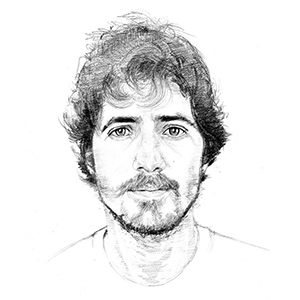
Keeping memories
To write non-fiction, you want to know as much as you can about a given subject.
Your knowledge might come from different sources—even your own memory—but relying on memory can be dangerous.
Memories are temporarily stored in the hippocampus (the part of your brain that acts as a daily memory cache) and only transferred into a long-term storage device (the neocortex) after a good night's sleep. In fact, the less quality sleep you get the harder it is to retain your memories in old age. 1
Often, my memories of certain events are limited to what's written in the page, and I repeatedly wish I had added just a bit more detail.
That's why I prefer to write daily.
I want to know more.
As I forget more and more details of those future-proofed memories, each of my written words gains value.
Today is a new opportunity to add more depth.
How are you feeling?
What's your plan for the day?
Where are you writing from?
What pen (or keyboard) are you using to write?
What are you wearing?
What worries you?
How did you sleep today?
Walter, Matthew (2017). Why We Sleep: The New Science of Sleep and Dreams, Penguin Random, Kindle version. ↩

